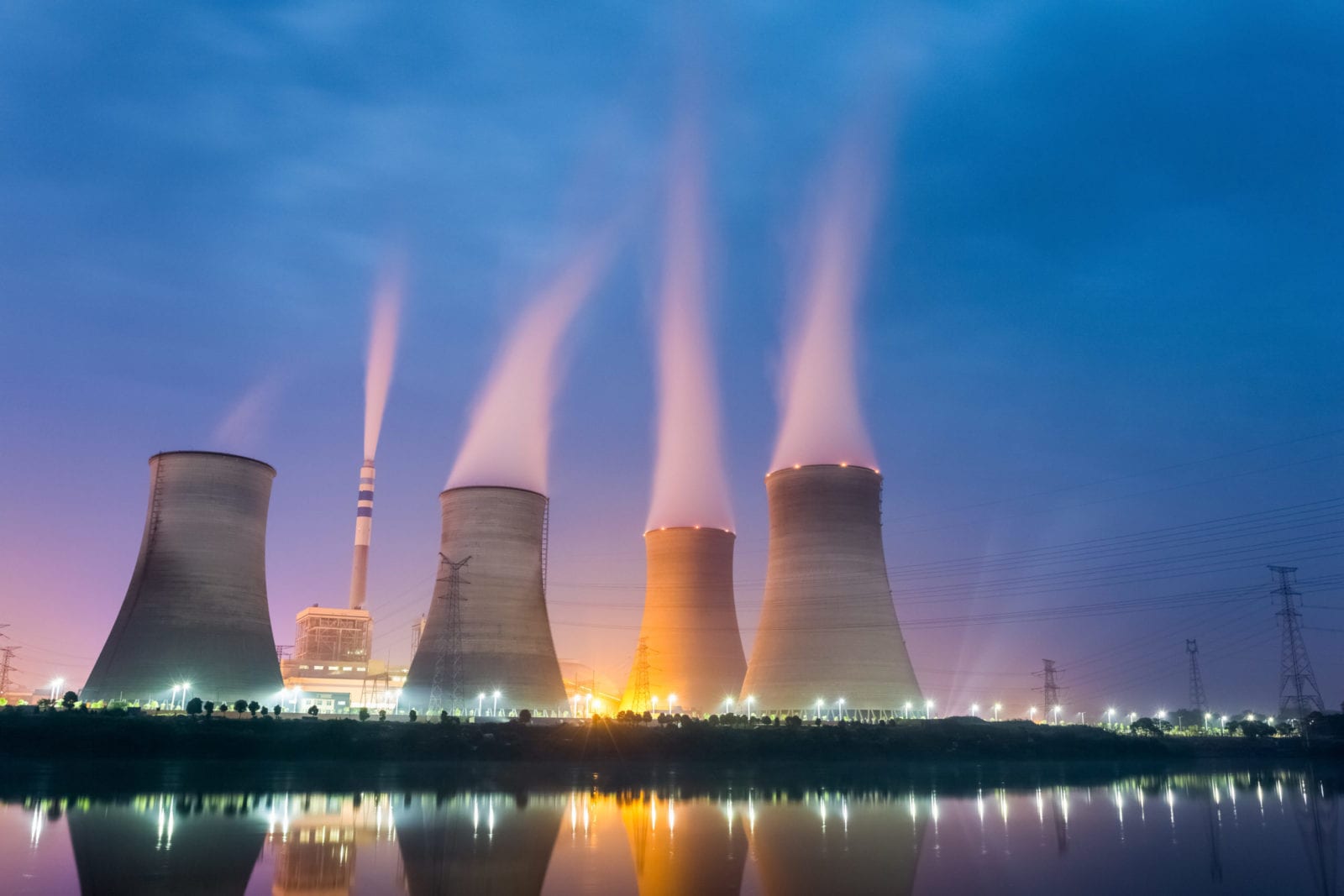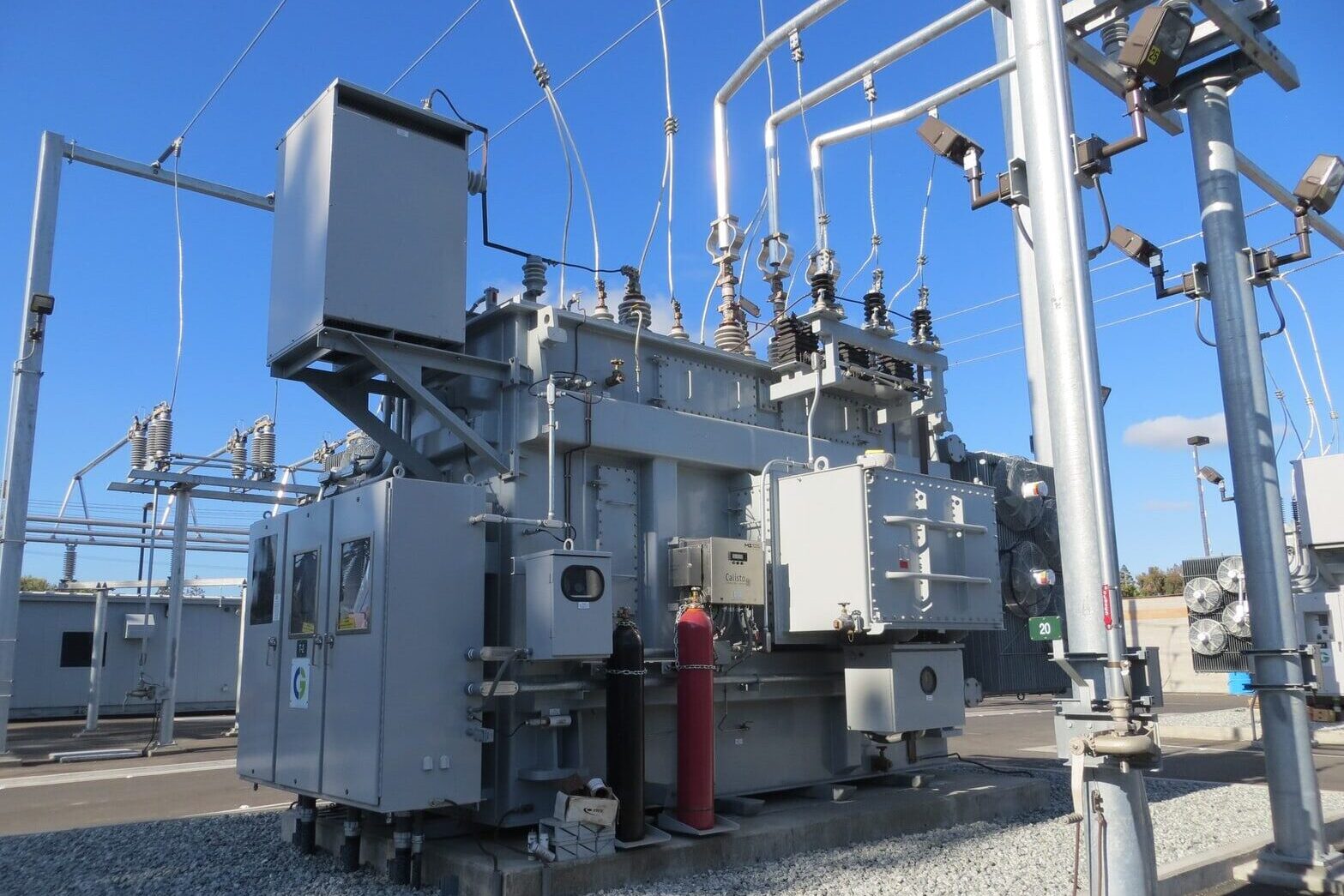Driving Forces Behind Distributed Power
Several global market forces are driving the transformation of distributed power. These forces include climate change, the increasing adoption of natural gas as a global fuel, and the emerging Industrial Internet. Key forces are discussed in more detail below

Climate
Change
The inevitable momentum for Greenhouse Gas (GHG) mitigation is a key driver for more efficient technologies such as CHP, and cleaner alternatives such as natural gas or renewables, replacing diesel fuel or coal. CHP applications have high potential in large energy-consuming industries such as the oil sands, Liquefied Natural Gas (LNG) production, pulp and paper mills, and petrochemicals.

Age of
Gas
Within North America, the recent growth in unconventional gas production through horizontal drilling and hydraulic fracturing techniques has resulted in more affordable and widely available natural gas. The ample supply of energy and its low price are paving way to the new “Age of Gas”.

Industrial
Internet
The integration of increasingly “intelligent” machines, Internet-enabled networks and advanced analytics promises to revolutionize all aspects of industrial productivity by meshing the digital world with the world of machines. Within distributed power generation, these advances will enable operators to remotely optimize operations and minimize costs in ways that were not previously possible.
The Benefits of Onsite Cogeneration
System-wide advances have resulted in distributed power technologies becoming more com- pact, more accessible, more efficient, and more affordable today than they were a decade ago. This has allowed distributed power systems to overcome many of the constraints that typically inhibit the development of large capital projects for power generation and delivery. Key benefits are shown below as follows












